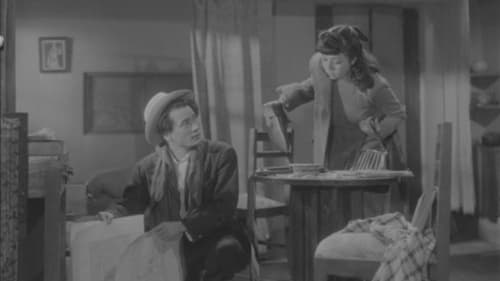
Dai-ichi-bu: Dôkai-wan no rantô - Kiyoshi Saeki directed movie.

Though recognized worldwide almost exclusively for his colorful kaiju fare, director Ishirō Honda (Godzilla, Rodan, Mothra) was a natural humanist with a particular understanding of the relationship between people and their social environs. His debut fiction feature, The Blue Pearl (Aoi Shinju) – virtually unseen in the west until now – depicts the melodramatic, but keenly-observed interplay between a young man from Tokyo and two ama (pearl divers; literally “women of the sea”) in a superstitious coastal town. Though raised within the same tradition-bound crucible, the two women – Noe and Riu – are portrayed as diametric opposites; the former meek but affectionate, the latter strong-willed but jaded by a tryst with metropolitan life. Nonetheless, Honda provides equal weight to their desires and their ambitions to break free from the social mold imposed upon them from birth.

Matsuda

Fourth film of the Bannai Tarao series starring Chiezo Kataoka

1942 adaptation of Izumi Kyoka's novel.

En 1936, el director Tomu Uchida llevó al cine la primera parte de la novela El teatro de la vida, que basándose en el retrato de la corrupción de un hombre y la mujer que desairó, se centra en la juventud del personaje.

Se habla de una vieja vasija con aspecto pobre que contiene un mapa indicando el lugar donde se oculta el tesoro de un millón de ryo. Desconocedor de este secreto, el hijo mayor de los Yagyu la regala a su hermano menor, creyéndola una baratija, y este a su vez la vende a unos chatarreros. Una serie de casualidades llevarán la vasija a manos de Yasu, un chico pequeño cuyo padre ha sido asesinado. Será Tange Sazen quien le de asilo en su casa, donde cuidará de él

Final installment of the Okochi / Arai / Yamanaka Mito Komon series and just as good as the others (a good deal longer, as well). Again, this film like the other two is similar in tone and spirit to the Yamanaka Tange Sazen film and would appeal to fans of that film.

Japanese historical film.

Adaptation of the novel by Osaragi Jirō. Again scripted by the legendary Yamanaka Sadao

Directed by Daisuke Itō.



